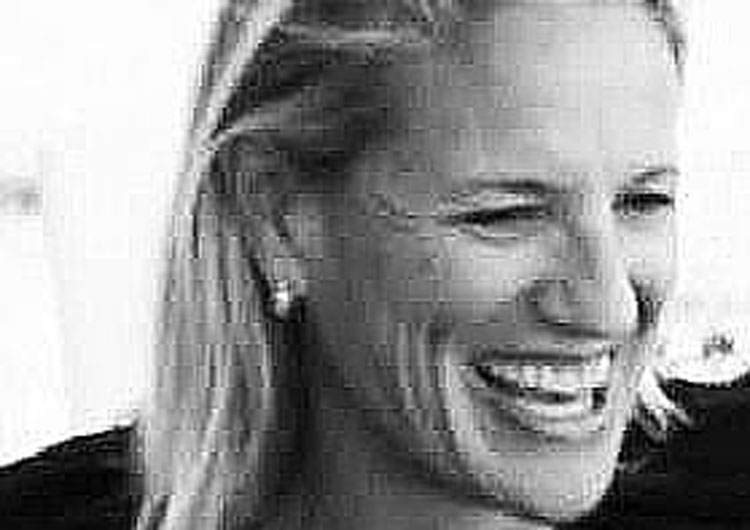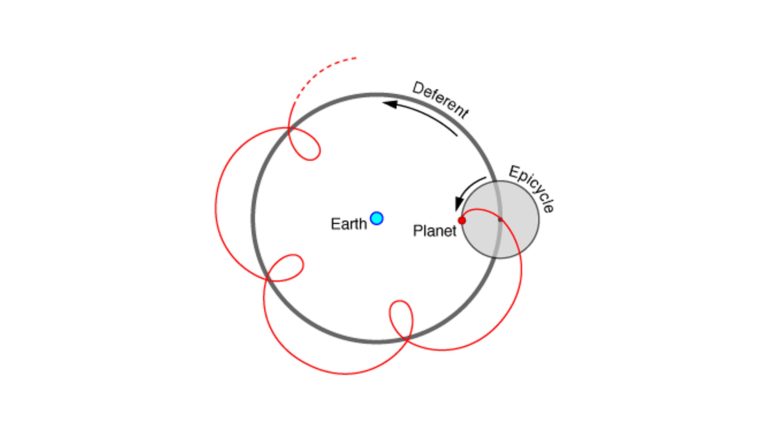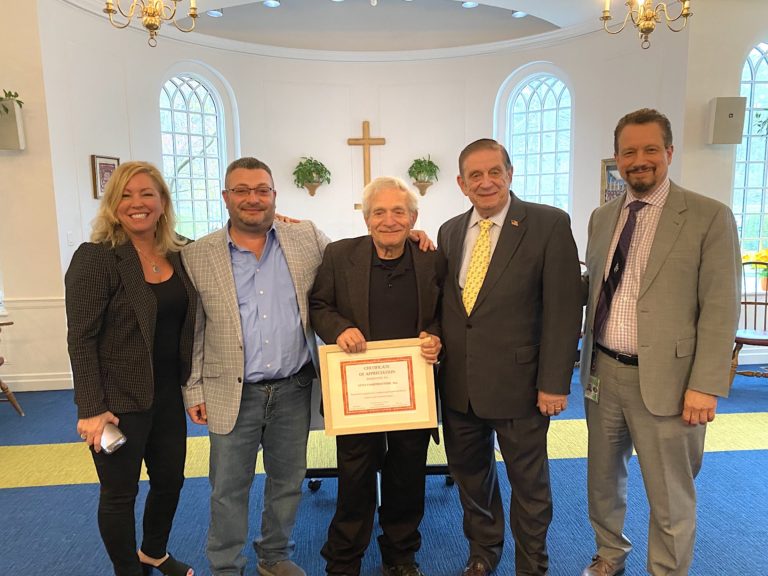
By Icy Frantz
The subject of loss is difficult. For the past six months in particular this subject has weighed heavily on my heart. As our family has experienced one loss after another, I have found myself desperately needing to write down my impressions and thoughts as well as to share the inspiration I have gathered from those who have left this world.
Sometimes I would like to share this in conversation, but I hold my tongue because something in my gut says, “Not now. Not appropriate. Just listen.”
Back before I had any real experience with loss, I met a young hospice nurse. My parents were alive. My friends were healthy and I even had a grandmother. I was in awe of the nurse’s career choice and asked naively, “How can you do what you do every day?”
Her answer has always stayed with me.
“I used to be a nurse on another wing of the hospital. There, I would meet the patient and an occasional family member and then the patient would go home. I never got to hear the whole story. Here, I am honored to be at a patient’s bedside. I get to know the patient and his or her loved ones. I hear their whole story: past, present, and future. I see them through to the end.”
But what is the end? Or is the end just the beginning? Many religions have different views on the afterlife, but what amazes me is that, no matter what the beliefs, there always seem to be signs that are passed on to loved ones after a death. After my father’s passing last fall, we saw owls everywhere. My father had an impressive glass and china owl collection. After our son died, at a very young age from a mitochondrial disease, those signs came in the form of birds: a lot of birds.
On the morning of my thirty-sixth birthday, the first after his death, I awoke to a bird pecking frantically at our window. Our first vacation after his death, we returned home to find a great horned owl perched in the middle of our backyard. Another time we found a bird in our house simply sitting in our family room, the room where we all congregated when our son was sick.
It wasn’t just birds. We visited a ranch the summer after our son died and the ranch hand was leading out a very big horse. In response to the look of fear on our faces she said, “don’t be frightened. This one is just a big baby. His name is Sargeant.” The name of our son.
I have heard countless stories like mine, stories of birds, butterflies, pennies and rainbows, and unexpected moments of grace. Coincidental? I don’t believe so. To me, these are signs of hope and just maybe that’s the point.
Earlier this year, we attended the funeral of a young man, a friend of our eldest son and someone beloved by everyone who knew him. The funeral closed with a final song, “Here Comes the Sun.” It had been a cloudy day, but just as the music started up, light filtered through the beautiful stained glass windows. The sun was so bright we had to squint through our tears. Sun, sun, sun, here it comes.
I have experienced some remarkably beautiful and poignant moments at funerals. Funerals are a place where pain and sorrow meet honor and celebration, a place where we can pass from tears to laughter and back to tears in a matter of seconds. While planning Sargeant’s, I learned what an important ritual a funeral is, not only for the departed, but for those left behind. The planning kept us connected to others, and so focused on creating a service that would celebrate Sargeant that we didn’t have time to pull the covers over our heads.
After a death, we take the time to cherish our loved ones. We accept their faults and quirks and applaud their accomplishments. Something that might have driven us crazy about a person when they were alive seems to make them unique and special in our memories. Inspired by the departed, I always leave a funeral striving to be better—a better mom, a better friend, and a better person.
A few weeks ago we attended the funeral of a friend, a husband, and a father. It was an incredible celebration and afterwards, I felt as if I had spent a cozy afternoon with our friend. As a congregation we laughed and we cried together, connected by our mutual love. An email written by our friend was shared: “When it is time to go, you thank God for what he has given you and you hope that you have made the lives of a few people a little bit better.” He made all of our lives a whole lot better.
Through adversity and loss, our world becomes a better place. That seems like such a paradox, but I love the miraculous good that can come from our broken hearts. Nationally, MADD and the Susan G. Koman Organization are just two examples that were born out of loss but have both made an immeasurable difference in our world. Susan G. Koman was created in 1982 to honor Susan, who died from breast cancer, has raised over 2.6 billion dollars to help eradicate breast cancer. MADD was founded in 1980 by a mother who lost her daughter to drunk driving and the organization has completely changed our attitudes about driving while intoxicated.
Closer to home, the Emily Catherine Fedorko Foundation was created to honor Emily Fedorko who died tragically on August 16, 2014 in a tubing accident that might have been preventable. Its mission is to spread education advocacy and awareness of boating and water sport safety for adults and children. Turn it off for Emily! For us, we honored and remembered Sargeant through the words of a children’s book, “Sargeant’s Heaven,” which is written to help young people process loss.
Whether it is through the creation of an organization, the words of a book or the inspiration we feel from a life well lived, those who have departed have changed us. They have made a significant difference in our lives and in the communities in which they lived.
Soon after our son died, a young boy approached me and said, “Mrs. Frantz, you must be very sad.” He was absolutely right. I was very sad. When someone in our life dies, we are sad. This seems so simple, yet it’s not. Elizabeth Kubler Ross spoke of the 5 stages of grief in her book “On Death and Dying.” These stages are denial, anger, bargaining, depression and acceptance. We cycle through the stages many times. We start at something raw and unbearable and wonder how we will ever make it through the day, the hour, the minute, and then slowly, in no particular set timetable, we ease our way back into a new life.
This path through grief is different for each one of us. There is no one size fits all, and that’s okay. We reach out to God, to friends and to professionals. We try yoga and meditation and reading. We lean on family and friends. We have days full of tears and days with surprises like rainbows, butterflies and birds. And days where we drive around in our car talking to ourselves or to God or to our loved one and it is both challenging and comforting.
In March we attended a beautiful ceremony that honored the former head of our children’s nursery school. He was a wonderful educator and had a unique way of connecting with young children. At the conclusion of the ceremony, John Denver’s “Country Roads” played, and before long the entire congregation was belting out the words:
Country roads, take me home
To the place I belong
West Virginia, mountain mama,
Take me home, country roads.
It seemed fitting not only for the man we called Mr. Weirdsma, but for all of us. Take me home, the place where one lives permanently, where I would like to believe that we will all meet again at the end or the beginning of the rainbow and at that moment we will have found “amazing grace.”
This is a conversation I hope we all can continue. It is an important one.




